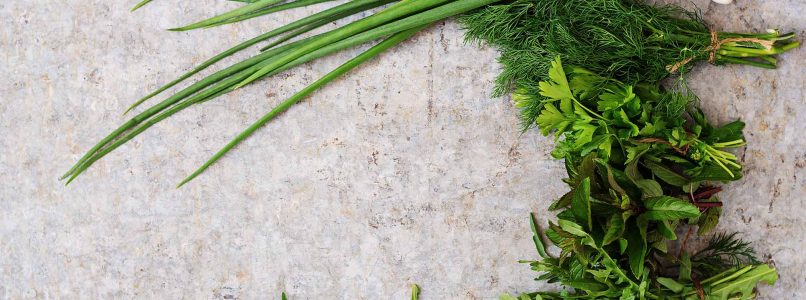In the modern world, where stress and hectic pace dominate, the herbal teas emerge as an ancient natural remedy for well-being. This article explores how natural herbs can be used to create herbal teas that not only delight the palate, but also offer tangible health benefits.
The basics of herbal teas
History and traditions
For centuries, herbal teas have played a significant role in cultures around the world, acting as a bridge between the world of medicine and that of daily traditions. Their origins date back to ancient times, when early civilizations discovered that infusing leaves, flowers, roots and spices in hot water not only created aromatic drinks, but also brought health benefits.
From ancient Egypt to China, passing through India and medieval Europe, herbal teas have been appreciated for their medicinal, spiritual and relaxing properties. Over the centuries, the preparation of herbal teas has evolved, but their charm and role in promotion of well-being and care of body and mind they have remained unchanged, testifying to their importance throughout the ages. their evolution over time, highlighting their role in tradition and popular culture.
Properties and benefits
The herbs used in herbal teas are more than just ingredients: they are allies for health. Herbal teas are full of beneficial properties, making them an excellent choice for those looking to improve their well-being naturally. These drinks are known for their calming and relaxing effects, helping to reduce stress and improve the quality of sleep. Some herbs used in herbal teas have anti-inflammatory and antioxidant properties, helping to strengthen the immune system and fight free radicals.
Others may have positive effects on digestion, supporting gastrointestinal health and helping to relieve ailments such as bloating and indigestion. Furthermore, some herbal teas are useful for detoxifying and purifying the body, while others may have stimulating properties that improve concentration and energy. In summary, herbal teas offer a wide range of health benefits, making them a valuable and enjoyable addition to your daily routine.
Creation and use of herbal teas
Preparation techniques
Herbal tea preparation techniques they are essential to enhance their aromas and benefits. The most common is infusion, which involves immersing the herbs in hot water for a variable period, usually between 5 and 10 minutes, to allow the release of the flavors and active ingredients. The temperature of the water is fundamental: too hot can damage delicate herbs, while too cold does not allow adequate extraction.
Another technique is the decoction, suitable for harder roots or barks, which consists of boiling the herbs for a longer time, releasing deeper soluble substances. For fresh herbs, maceration is sometimes used, leaving them in water at room temperature for several hours. Each method has its own peculiarities and serves to enhance different types of herbs, contributing to the creation of herbal teas that are not only tasty, but also therapeutic.
Herbal teas offer a world of possibilities for improving overall well-being. From understanding their historical roots to discovering modern preparation techniques, herbal teas represent a bridge between tradition and modernity, demonstrating how natural herbs can be a precious ally in the search for a healthier and more conscious lifestyle.
